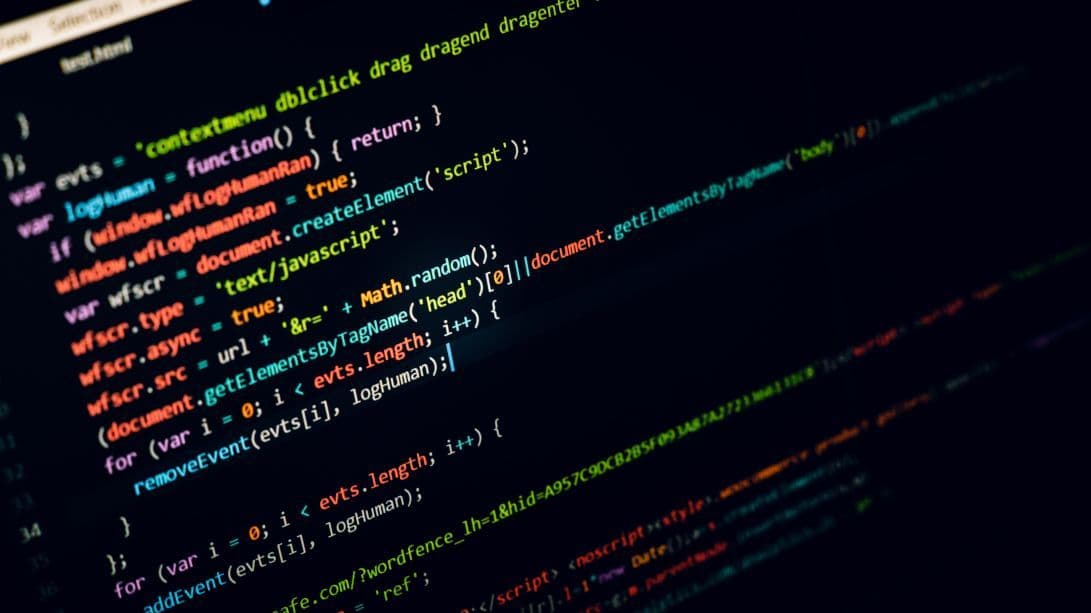Fiat Crisis: Will Argentina Become The Next Venezuela?
Argentina has become the latest victim of the recent global fiat crisis, with the nation’s Peso currency dropping to a record low against the US Dollar.

The year of 2018 is turning out to be an unfortunate year for the fiat currencies of various emerging nations. Following the Venezuelan Bolivar’s demise earlier this year, which prompted the government to pivot to the Petro cryptocurrency, countries like Turkey and Indonesia are suffering from some of the worst financial crises in the recent years. Recently, Argentina has become the latest victim of this global fiat crisis, with the nation’s Peso currency dropping to a record low against the United States (US) Dollar.
Argentine Peso Crashes to Record Low Against US Dollar
The Argentine peso has not been having a good year. Over the last 12 months, the peso went from less than 17 pesos to a dollar to over 34 pesos – a 100% inflation, which is rather abnormal for fiat currency standards. Then, on Thursday morning, the Argentine peso took a nosedive, tanking by another 15% to reach a rate of 38.20 pesos to a dollar. In total, the peso is now down by over 45% against the greenback in the year of 2018, according to a report by CNBC.
Flag of Argentina
To survive what is said to be the worst financial crisis the South American nation has ever faced in the 21st century. Suspicions and fears were confirmed when the Argentine government uncharacteristically asked for an early release of the $50 billion bailout loan that they secured from the International Monetary Fund (IMF) on Wednesday.
Just a few months ago in May, Argentine President Mauricio Macri assured its citizens that the government does not plan on using the loan from the IMF because he anticipates that the country’s economy will eventually recover. However, the third largest economy in Latin America was forced to strike a deal with the IMF to get an advance on the loan after the nation’s currency dropped to dangerously low levels.
“We have agreed with the IMF to advance all the necessary funds to guarantee compliance with the financial program next year,” Macri said in a televised address on Wednesday. “This decision aims to eliminate any uncertainty … Over the last week we have seen new expressions of lack of confidence in the markets, specifically over our financing capacity in 2019.”
However, various financial analysts believe that Argentina’s move to advance the bailout loan is a sign of desperation. In fact, a lot of Argentina’s citizens blame the IMF for escalating the nation’s economic crisis back in 2001 with its intervention, which eventually caused many middle-class citizens to spiral into an endless cycle of poverty.
Nevertheless, Macri is still decidedly optimistic about the situation at hand.
“I know that these tumultuous situations generate anxiety among many of you … I understand this, and I want you to know I am making all decisions necessary to protect you,” Macri said.
Venezuela Financial Crisis and the Birth of Petro Cryptocurrency
Petro is the first digital currency to be issued by a federal government. It was first unveiled by Venezuelan President Nicolás Maduro, earlier this year as an attempt to pull the country out of an economic tailspin by allowing the ailing OPEC member to skirt U.S. sanctions as the Bolivar currency plunges to record lows. Sanctions levied last year by Washington had blocked U.S. banks and investors from acquiring any newly-issued Venezuelan debt, effectively preventing the nation from borrowing abroad to bring in new hard currency or refinance existing debt.
As a result, hyperinflation swept the entire nation as the Bolivar became next to worthless. In fact, the Bolivar currency is so devalued that if you exchange $50 for Bolivars, you would need a backpack to carry the bricks of banknotes, as opposed to a wallet.
Therefore, when the oil-backed Petro was introduced in January as a form of legal tender that can be used to pay taxes, fees, and other public needs, it was met with massive success – within 24 hours of the start of its pre-sale, the pre-mined cryptocurrency raised over $735 million.
Venezuela’s miraculously successful Hail Mary prompts the question: Will Argentina resort to cryptocurrency to save its nation from its latest financial crisis?
Read More: Cryptocurrency Provides Lifeline to Starving Venezuelans
Follow us on Twitter, Facebook, Steemit, and join our Telegram channel for the latest blockchain and cryptocurrency news.





























